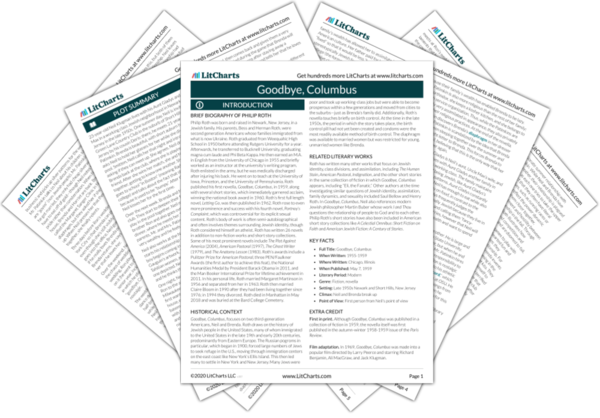Neil’s thoughts here suggest the broader appeal of focusing on progress rather than nostalgia. Yearning for the past is characteristic of people who do not have hopes for improving their station in the future. But when one is able to remain optimistic about the future, like the older generations of Jews, it enables them to progress and find a better station in life. It is notable, however, that the Jews are able to better assimilate and improve their station because of racial similarity to the wealthy white Americans, whereas African Americans do not have that same avenue for assimilation.
